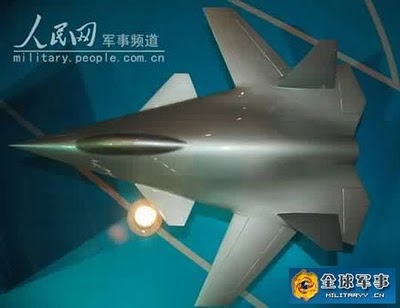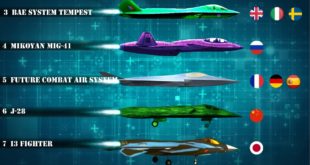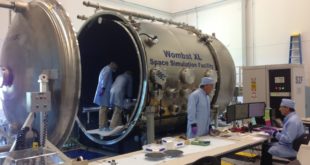Stealth technology has long been a cornerstone of military innovation, offering the promise of enhanced survivability for aircraft, warships, and other assets by reducing their detectability. Traditional approaches to stealth have focused on reducing various signatures, including radar cross-sections (RCS), infrared (IR), and visual signatures. However, recent advancements in metamaterials …
Read More »The Military Antenna Market: Powering Communication, Radars and EW on the Battlefield
Introduction: In an era defined by rapid technological advancements and evolving security threats, military organizations worldwide are continually seeking innovative solutions to enhance their communication capabilities. At the heart of this quest lies the military antenna market—a dynamic sector driven by the imperative of maintaining robust and reliable communication networks …
Read More »The Dawn of Sixth Generation Fighters: Dominating Future Air Superiority in Anti-Access/Area-Denial Environments
As global military dynamics evolve, the race to achieve air superiority has propelled technological innovation to new heights. The advent of sixth-generation fighters marks a significant leap in this journey, promising to redefine aerial combat and maintain dominance in increasingly complex anti-access/area-denial (A2/AD) environments. These advanced aircraft, currently under development …
Read More »Unraveling the Marvels of Google DeepMind: Pioneering the Future of Artificial Intelligence
Introduction: In the ever-evolving landscape of artificial intelligence (AI), few entities have garnered as much attention and acclaim as Google DeepMind. Founded in 2010 by Demis Hassabis, Mustafa Suleyman, and Shane Legg, DeepMind has rapidly emerged as a trailblazer in the field, pushing the boundaries of what AI can achieve. …
Read More »Achieving Mission Success: A Deep Dive into Satellite Integration, Verification & Validation
Introduction: Satellites play a pivotal role in both civil and military missions, providing vital services such as communication, navigation, weather monitoring, and reconnaissance. However, ensuring the success of these missions requires meticulous planning, rigorous testing, and robust validation processes throughout the satellite’s lifecycle. The journey from design to deployment is …
Read More »Powering the Future: Why AI Needs a Clean Energy Breakthrough
As artificial intelligence (AI) continues to advance at an unprecedented pace, experts are increasingly recognizing the critical importance of energy breakthroughs to sustain its growth. Artificial intelligence (AI) is rapidly transforming our world, from facial recognition software to self-driving cars. But this incredible progress comes at a hidden cost: energy consumption. …
Read More »Advancing Air Dominance: US Air Force Seeks Cutting-Edge Tech
Introduction: The US Air Force is on a mission to secure air dominance like never before. With adversaries constantly evolving their tactics and technologies, the need for innovative solutions has never been greater. That’s why the US Air Force Research Laboratory (AFRL) has issued a call for the brightest minds …
Read More »Satellite Antenna Control Systems: Optimizing Tracking for Reliable Communication
In our interconnected world, satellite communications are crucial for various applications, including global navigation, weather forecasting, internet connectivity, and defense operations. The backbone of these communications is the satellite antenna control system, which ensures precise tracking and robust signal transmission between ground stations and satellites. Unlike fixed terrestrial communication towers, …
Read More »Navigating the Global Cybercrime Landscape: Insights from the October 2023 Report
In today’s digital-first era, the internet plays an integral role in both personal and professional spheres. However, this interconnectedness comes with a price: the proliferation of cybercrime. The 2023 Global Cybercrime Report offers valuable insights into the state of cyber threats worldwide, highlighting the diverse risk landscape faced by nations …
Read More »Navigating the Cosmos: The Intricacies of Small Spacecraft Avionics
Introduction: In the vast expanse of space exploration, the emergence of small spacecraft has revolutionized our approach to exploring the cosmos. These diminutive yet powerful vehicles, often referred to as CubeSats or nanosatellites, have opened new frontiers for scientific research, commercial endeavors, and educational initiatives. At the heart of these …
Read More » International Defense Security & Technology Your trusted Source for News, Research and Analysis
International Defense Security & Technology Your trusted Source for News, Research and Analysis


